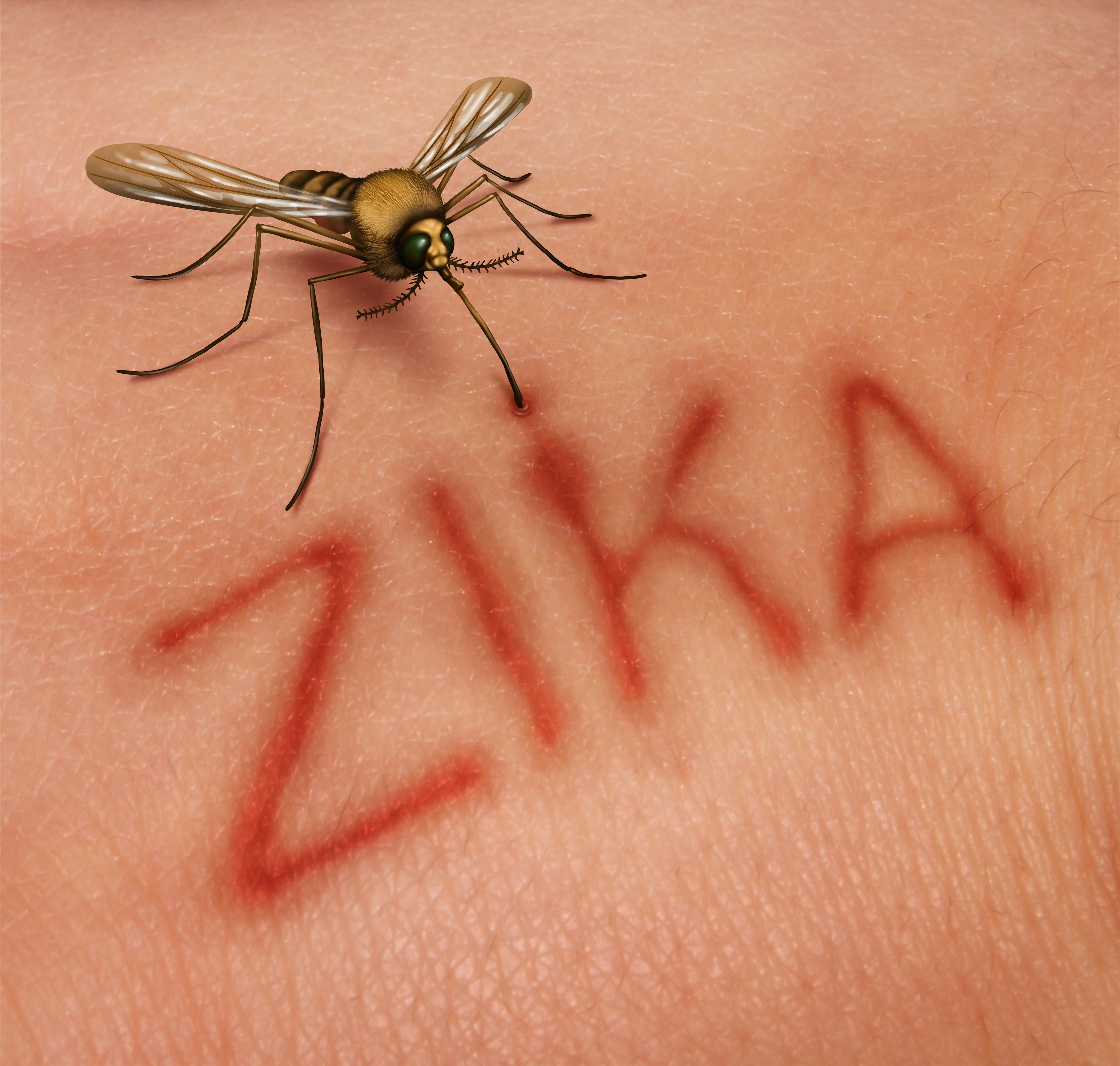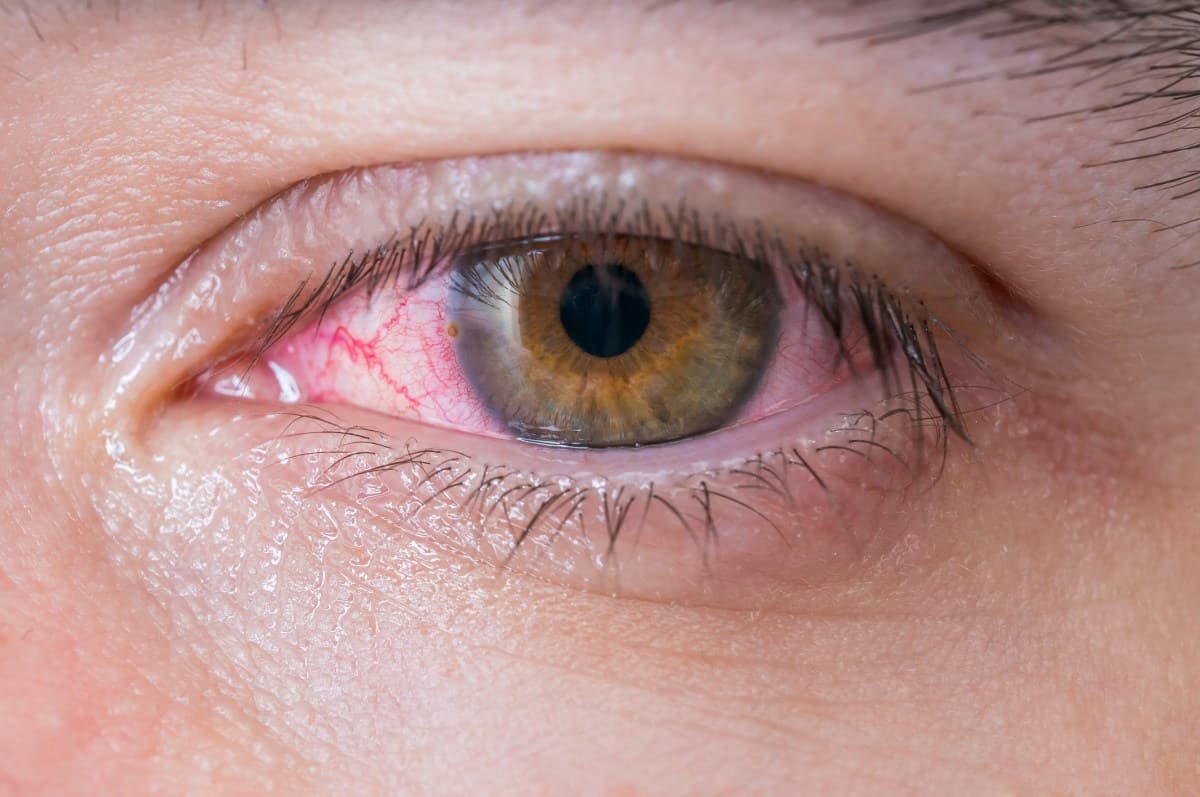Contents:
- Medical Video: Iron Tablets | How To Take Iron Tablets | How To Reduce Iron Supplement Side Effects (2018)
- 1. Vitamin D
- 2. Vitamin C
- 3. Vitamin E
- 4. Vitamin K
Medical Video: Iron Tablets | How To Take Iron Tablets | How To Reduce Iron Supplement Side Effects (2018)
Maintaining healthy facial skin may already be an important part of your activities for women. The face is one of the parts of the body that gets the most attention from the people around us, so it's not surprising if we want our faces to look bright and healthy. However, besides undergoing skin care both naturally and with productsskin care, beauty must also be maintained from the inside by consuming vitamins for the skin, which should be obtained from natural food ingredients and not supplements. What are the main vitamins?
1. Vitamin D
Cholesterol is converted into vitamin D when your skin absorbs sunlight. Vitamin D is then taken by the liver and kidneys and carried throughout the body including facial skin to help form healthy cells.
One type of vitamin D that humans can naturally produce is calcitrol. Calcitrol can be found in the form of topical creams and can effectively treat psoriasis sufferers. A 2009 study published by Journal of Drugs and Dermatology found that calcitrol can reduce inflammation and irritation in people with psoriasis.
The recommended intake of vitamin D is around 600IU per day. You may need more if you are pregnant or over 70. You can increase your vitamin D intake by:
- Stand in the sun for 10 minutes a day (consult your doctor first, especially if you have a history of skin cancer).
- Eating fortified foods such as cereals, orange juice, and yogurt.
- Eat foods that contain natural vitamin D such as salmon, tuna and cod.
READ ALSO: How Long Should You Bask to Get Enough Vitamin D?
2. Vitamin C
Vitamin C is found in the epidermal layer (the outer layer of the skin) and the dermis (the inner layer of the skin). This vitamin serves to fight cancer or as an antioxidant and regulates collagen production to keep your skin healthy. This is why, vitamin C is one of the key ingredients used for products anti-aging.
Taking vitamin C can help increase the effectiveness of the sunscreen that you use to protect your skin from UV light. Vitamin C will reduce skin damage and help the healing process in the body. In addition, adequate Vitamin C can also help treat dry skin.
Because products and supplements that contain vitamin C are often found, people who suffer from vitamin deficiencies are rarely found. The recommended amount to consume every day is around 1000 mg. If you don't get a lot of vitamin C in your diet, the following things might help:
- Eating oranges or drinking orange juice
- Eat other vegetables and fruits that contain vitamin C such as strawberries, broccoli and spinach.
- Take supplements that are recommended by doctors.
- Look for skin care products that contain vitamin C to deal with dryness, redness, wrinkles, and black spots on the face.
READ ALSO: 6 Fruits with High Vitamin C Content, Apart from Oranges
3. Vitamin E
Same with vitamin C, vitamin E is also an antioxidant. Its main function in skin care is to protect the skin from sun damage. Vitamin E absorbs harmful UV rays from the sun when applied to the skin. This also helps prevent dark spots and wrinkles from forming on the skin.
Normally, the body produces vitamin E through sebum, an oil released through the skin's pores. In a balanced state, sebum helps maintain skin condition and prevents dryness. If you have skin that tends to tend to, vitamin E might help you overcome sebum deficiency. In addition, vitamin E also helps reduce inflammation of the skin.
Normal adults need about 15 mg of vitamin E per day. You can increase your intake of vitamin E by:
- Eat more nuts and seeds such as almonds and sunflower seeds.
- Take a multivitamin or vitamin E supplement.
- Use topical or topical products that contain vitamins E and C
READ ALSO: 4 Vitamins and Minerals to Treat Acne
4. Vitamin K
Vitamin K is very important for the body in the process of blood clotting which is needed in healing wounds or bruises. In addition, vitamin K is also known to have benefits to help overcome various skin conditions such as scars, black spots, and dark circles under the eyes.
Vitamin K can be found in various creams for the skin. Doctors will use a cream containing vitamin K for patients who have just undergone surgery to help reduce swelling and bruising. This vitamin can speed up the healing process. However, research on the effects of vitamin K on skin health is still far less than research on vitamins E and C.
Adults need 90 to 120 mcg per day. You can increase your vitamin K intake by eating vegetables such as kale, spinach, lettuce, cabbage, and beans.
READ ALSO: 6 Simple Remedies for Disguising Acne Scars












